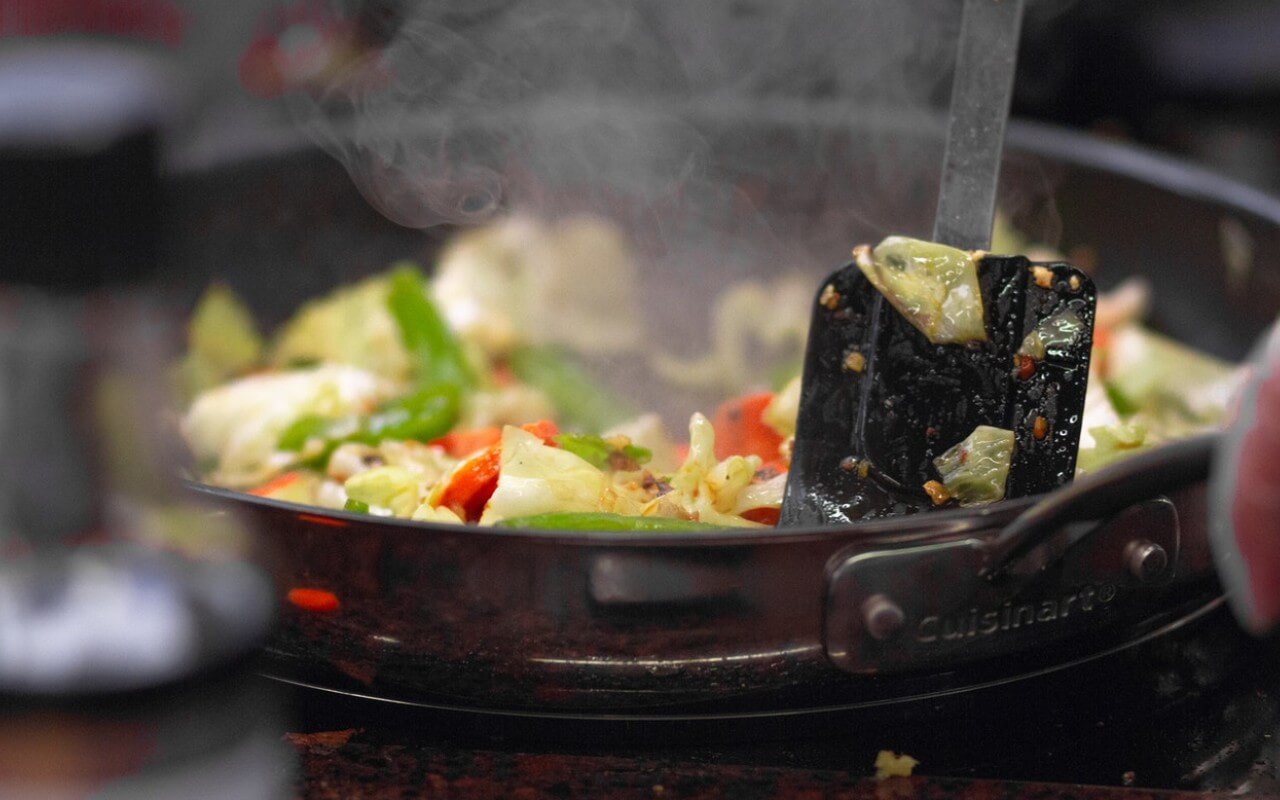The current professed benefits of coconut oil have had everyone in the health profession as well as the layperson in a tizzy! “Good” one day and “Bad” the next is what we have been hearing about this once-upon-a-time economical oil, the market value of which has increased exponentially due to the charm that the Coconut Oil Controversy has attracted.
Coconut oil is known to have a high saturated fat content, corroborated by the fact that the oil solidifies with a drop in surrounding temperature (for example, when refrigerated or during the winter months), unlike other unsaturated oils such as groundnut, sunflower, soybean, and rice bran oils, which remain in their liquid state whatever the temperature.
Saturated fats have been, ‘beyond doubt’, associated with cardiovascular disease, an increased intake of these fats known to increase LDL (bad) cholesterol, which in turn, increases the tendency for arterial clogging. Therefore, the previous emphatic ban on using this tropical oil in daily cooking.
Research in the recent years, however, has indicated that saturated fats fall into several subcategories, with each having varied biochemical effects in the body – while some types of saturated fats are linked to an increased risk of heart disease and stroke, there are others which may actually be beneficial to health! And coconut oil has been proven to be a saturated fat of the latter kind.
The most abundant fatty acid in coconut oil is lauric acid (40%) – a type of fat that has been shown to increase HDL (good) cholesterol levels. The high degree of saturation in coconut oil also makes it resistant to oxidation when heated or exposed to light and oxygen – unlike polyunsaturated oils such as sunflower oil, which are very susceptible to oxidation and formation of health-destroying free radicals. This makes coconut oil most ideal for cooking methods that use high temperatures, such as frying.
The chain length of saturated fats is another indicator of healthfulness; coconut oil contains medium-chain triglycerides, which are used directly for energy, via the lacteal circulation, by the human body, thus decreasing (to some extent) its availability for fat deposition. In view of all the inherent components of coconut oil, this oil is now being propagated as a healthy oil for kitchen use.
My take on the subject ….. Being an indigenous oil, coconut oil can, and should, be used for cooking purposes – with an eye, of course, on the total amount used per day (not more than 15 g of oil per day per adult is my recommendation). Make sure you do not allow the oil to ‘smoke’ when heating it. And store the oil under suitable conditions – preferably refrigerated, due to its tendency to become rancid quickly.
Coconut oil has a very unique taste; so choose the types of foods you wish to use this oil for cooking in. Alternate the oils in your kitchen – coconut oil for the first quarter of the year, followed by a polyunsaturated oil (sunflower) for the next quarter, and then a monounsaturated oil (rice bran, groundnut) for the final quarter – that way you derive the ‘good’ from each oil variant!






























